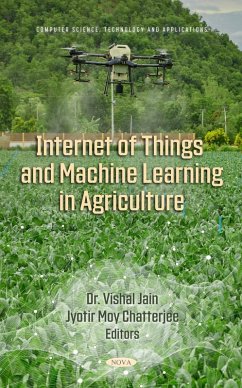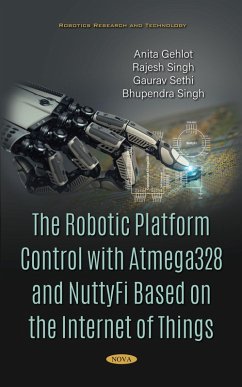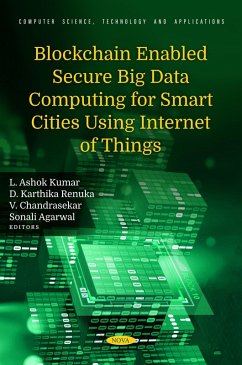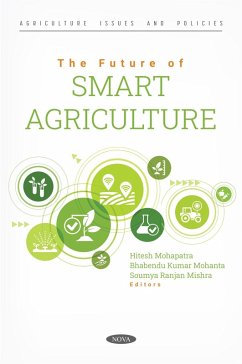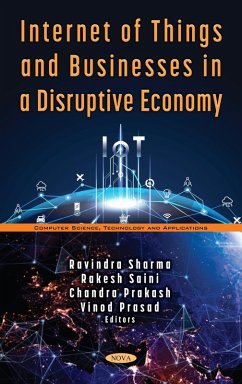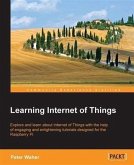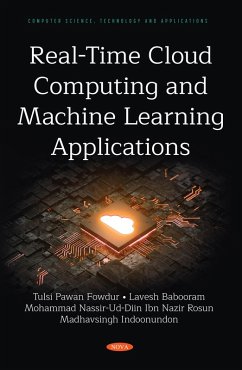Agriculture is one of the most fundamental human activities. It has kept humans happier and healthier and helped birth modern society as we know it. As farming has expanded, however, the usage of resources such as land, fertilizer, and water has grown exponentially. Environmental pressures from modern farming techniques have stressed our natural landscapes. Still, by some estimates, worldwide food production will need to increase 70% by 2050 to keep up with global demand. With global populations rising, it falls to technology to make farming processes more efficient and keep up with the growing demand. Fortunately, Machine Learning (ML) and the Internet of Things (IoT) can play a very promising role in the agricultural industry. Some examples include: an AI-powered drone to monitor the field, an IoT-designed automated crop watering system, sensors embedded in the field to monitor temperature and humidity, etc. The agriculture industry is the largest in the world, but when it comes to innovation there is a lot more to explore. IoT devices can be used to analyze the status of crops. For instance, with soil sensors, farmers can detect any irregular conditions such as high acidity and efficiently tackle these issues to improve their yield. In this book, we will point out the challenges facing the agro-industry that can be addressed by ML and IoT and explore the impacts of these technologies in the agriculture sector.
Dieser Download kann aus rechtlichen Gründen nur mit Rechnungsadresse in A, B, BG, CY, CZ, D, DK, EW, E, FIN, F, GR, HR, H, IRL, I, LT, L, LR, M, NL, PL, P, R, S, SLO, SK ausgeliefert werden.

